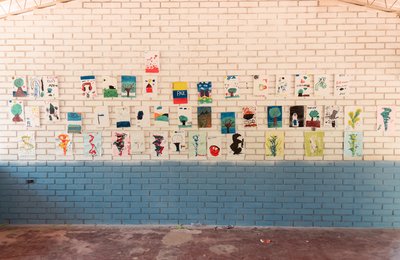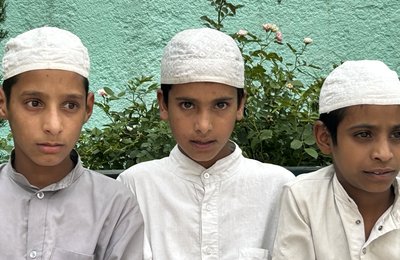Latest Consultation Report from CDA
The Reflecting on Peace Practice project (RPP) is a long-term, in-depth attempt to gain insight on what impacts peacebuilding activities can have. It has already produced the influential ‘Confronting War’ publication, and in the spring of this year, the CDA held a ‘Consultation on Understanding Cumulative Impacts’ in Boston. The report of the consultation is now available online.
USIP: The Afghan Peace Jirga: Ensuring that Women are at the Peace Table
Afghanistan’s ‘Peace Jirga’ is due to take place early this month (currently scheduled June 2- 4th). It will be an assembly of some 1,500 people, made up of religious leaders, civil society representatives, tribal leaders, provincial officials and many more, with a focus on discussing prospects for peace and reconciliation. The United States Institute of Peace (USIP) has released a background paper that argues that women need to play a key role in the jirga for it to be successful. The paper offers useful background information on both the jirga and the role of women in Afghanistan.
Peace Education in the Muslim Context: the Case of Pakistan
The Peace Research Institute Oslo (PRIO) has recently launched a new section of their website for discussion amongst peacebuilding practitioners, called the ‘Forum for Peacebuilding Ethics’. In this section, Zahid Shahab Ahmed, our Pakistan Local Correspondent, has written a very interesting article, Peace Education in the Muslim Context: the Case of Pakistan. This site promises to be an extremely useful resource.
Coping and change in protracted conflict: The Role of Community Groups and Local Institutions in Addressing Food Insecurity and Threats to Livelihoods. A Case Study of North Darfur
The Overseas Development Institute (ODI) have just released Coping and Change in Protracted Conflict a very detailed report on how local communities and organisations have had to adapt their food security strategies due to the conflict in Darfur, by Susanne Jaspars.
Is it Time for a Worldwide Strategy for the Building of Peace?
Drawing attention to the disparity between funding for militaries and the funding available for local peacebuilders, Scilla Elworthy asks Is it Time for a Worldwide Strategy for the Building of Peace? She suggests that a campaign could be built up for the centenary of the Versailles Convention, in 2018.
Group Inequality and Conflict: Some Insights for Peacebuilding
A second USIP report in this newsletter, Group Inequality and Conflict: Some Insights for Peacebuilding argues that different sorts of inequalities will motivate different groups; so for example, ‘leaders’ are more likely to motivated by political inequalities, whilst ‘followers’ will be more motivated by economic inequalities between groups. It argues therefore that an initial focus for peacebuilding should be on addressing political inequalities, thereby reducing the likelihood of mobilization of the leadership in a conflict. The report also calls for more research on the role of group dynamics and conflict.





